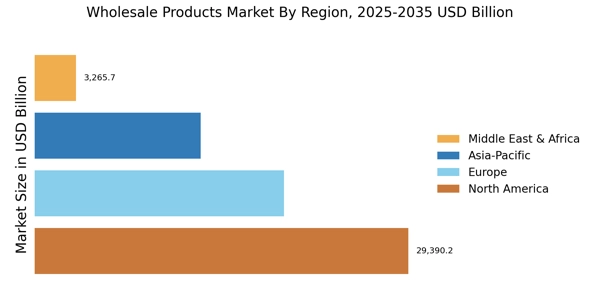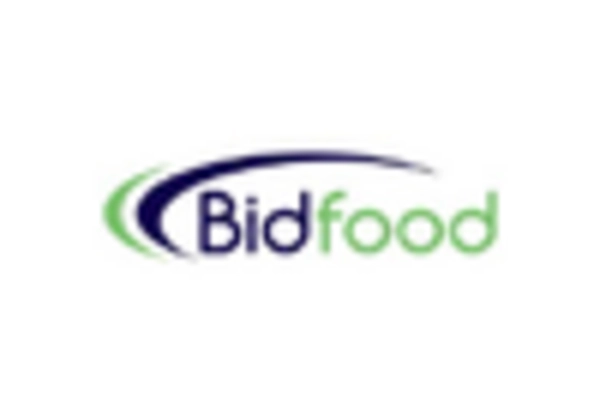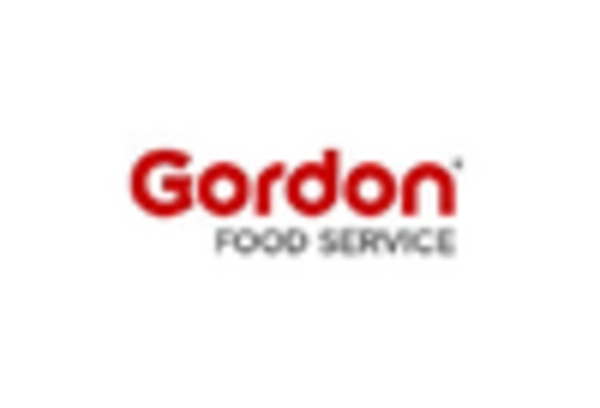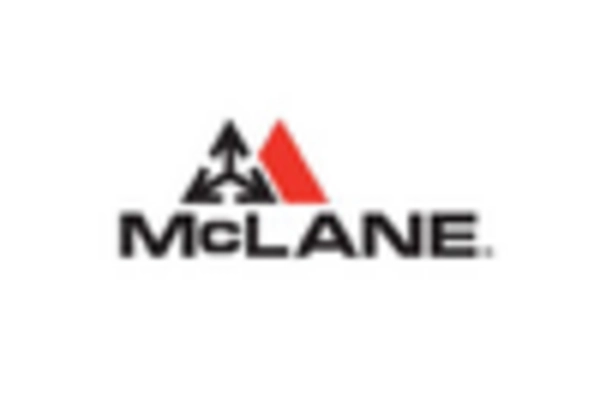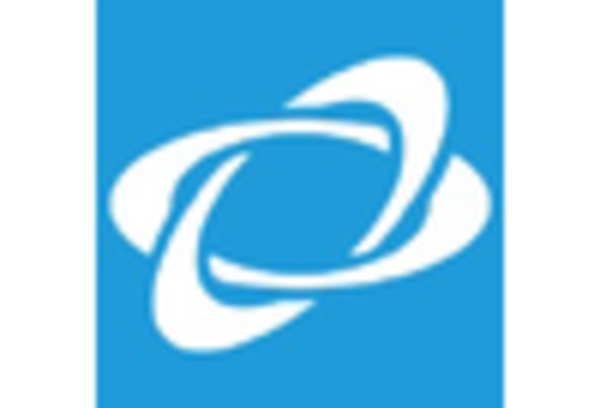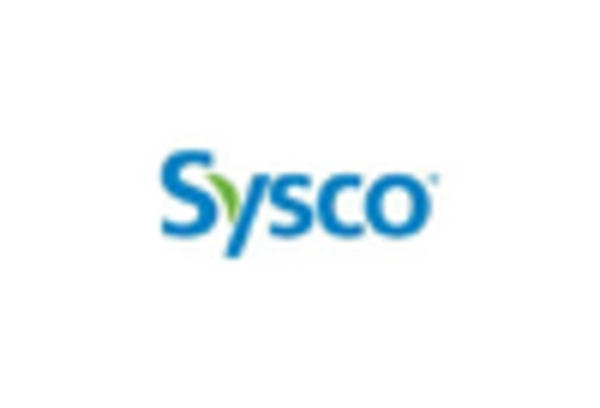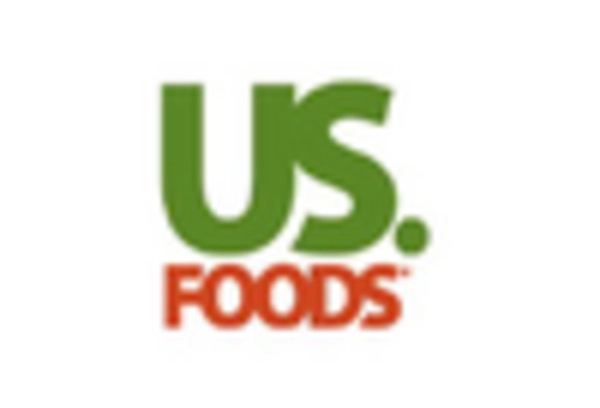Emergence of Niche Markets
The wholesale products Market is witnessing the emergence of niche markets that cater to specific consumer needs. As consumer preferences become more diverse, wholesalers are identifying opportunities to specialize in unique product categories. Recent market analysis suggests that niche markets, such as organic foods and artisanal goods, are growing at a rate of 15% annually. This trend is encouraging wholesalers to diversify their offerings and target specific demographics, which may lead to increased profitability. By focusing on niche markets, the Wholesale Products Market can potentially enhance its resilience against economic fluctuations and foster innovation in product development.
Rising Demand for Bulk Purchasing
The Wholesale Products Market is currently experiencing a notable increase in demand for bulk purchasing. This trend is driven by businesses seeking to reduce costs and improve profit margins. According to recent data, approximately 60% of retailers are opting for wholesale suppliers to stock their inventory, indicating a shift towards more cost-effective procurement strategies. This demand is further fueled by the growing number of small and medium-sized enterprises that prefer to buy in bulk to ensure a steady supply of products. As a result, wholesalers are adapting their offerings to meet the needs of these businesses, which may lead to increased competition and innovation within the Wholesale Products Market.
Expansion of Online Wholesale Platforms
The Wholesale Products Market is witnessing a significant expansion of online wholesale platforms. The rise of e-commerce has transformed traditional wholesale practices, allowing businesses to connect with suppliers and customers more efficiently. Recent statistics suggest that online wholesale sales have increased by over 30% in the past year, reflecting a shift in consumer behavior towards digital purchasing. This trend is particularly evident among younger entrepreneurs who prefer the convenience of online transactions. As a result, wholesalers are investing in technology to enhance their online presence, streamline operations, and improve customer experience, which could potentially reshape the landscape of the Wholesale Products Market.
Growing Interest in Sustainable Products
The Wholesale Products Market is experiencing a growing interest in sustainable products. As consumers become more environmentally conscious, businesses are increasingly seeking to source eco-friendly products from wholesalers. Recent surveys indicate that nearly 70% of consumers are willing to pay a premium for sustainable goods, prompting wholesalers to adapt their product lines accordingly. This shift not only aligns with consumer preferences but also encourages wholesalers to implement sustainable practices within their operations. Consequently, the Wholesale Products Market is likely to see a rise in the availability of sustainable products, which may attract a broader customer base and enhance brand loyalty.
Increased Focus on Supply Chain Efficiency
The Wholesale Products Market is currently characterized by an increased focus on supply chain efficiency. Businesses are recognizing the importance of optimizing their supply chains to reduce lead times and minimize costs. Recent data indicates that companies that invest in supply chain improvements can achieve up to a 20% reduction in operational costs. This trend is prompting wholesalers to adopt advanced logistics solutions and inventory management systems to enhance their service offerings. As a result, the Wholesale Products Market is likely to see a shift towards more agile and responsive supply chain models, which may improve overall competitiveness.



